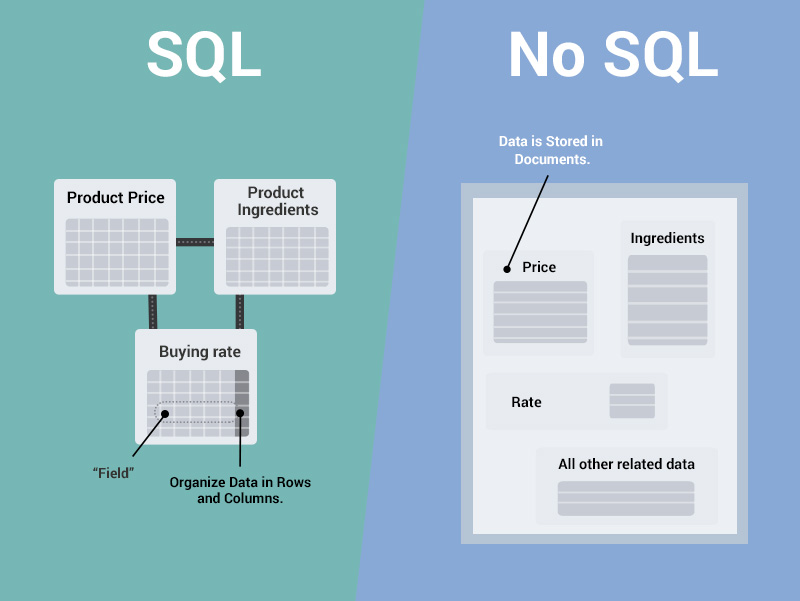
How to Choose the Right Database for Your Application
A database is a critical part of any application. It stores the data that your application needs to run, and it can have a big impact on the performance, scalability, and security of your application.
There are many different databases available, each with its own strengths and weaknesses. So how do you choose the right database for your application?
Factors to Consider
- The type of data you need to store: Some databases are better suited for storing structured data, such as customer records or product inventory. Others are better suited for storing unstructured data, such as text documents or images.
- The size of your data: Some databases can handle large amounts of data, while others are better suited for smaller datasets.
- The performance requirements of your application: Some databases are optimized for read-heavy workloads, while others are optimized for write-heavy workloads.
- The scalability requirements of your application: Do you need a database that can easily handle an increase in the number of users or the amount of data?
- Your budget: Some databases are more expensive than others.
Popular Databases
- MySQL: MySQL is a popular relational database that is known for its performance and scalability. It is a good choice for applications that need to store structured data.
- MongoDB: MongoDB is a NoSQL database that is known for its flexibility and scalability. It is a good choice for applications that need to store unstructured data.
- PostgreSQL: PostgreSQL is a relational database that is known for its reliability and security. It is a good choice for applications that need to store sensitive data.
- Oracle Database: Oracle Database is a commercial relational database that is known for its power and performance. It is a good choice for enterprise applications that need to handle a large volume of data.
- Microsoft SQL Server: Microsoft SQL Server is a commercial relational database that is known for its ease of use. It is a good choice for Windows applications that need to store structured data.
Tips for Choosing the Right Database
- Talk to your team: Get input from your team members who will be using the database. They can help you to identify the specific features and performance requirements that you need.
- Read the documentation: Each database has its own documentation. Take some time to read the documentation so that you understand how the database works.
- Try out different databases: There are many different databases available. If you are not sure which one to choose, try out a few different ones to see which one works best for you.
Conclusion
Choosing the right database for your application is an important decision. By considering the factors in this blog post, you can make sure that you choose the database that is right for your needs.
Chung Nguyen
